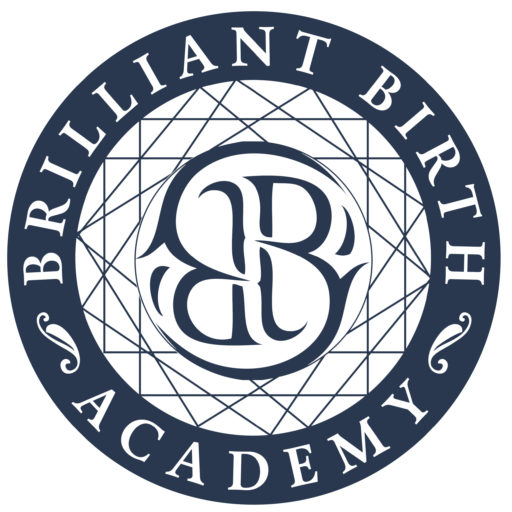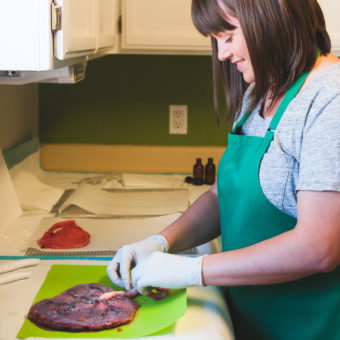The Surprising Way Placenta Encapsulation Could Change Everything
The source of violence is always fear. Fear can only exist where there is not love.
We learn to love in life from many teachers.
But our first teachers are our parents.
For those of us who want to make the world a little bit more like heaven on earth, the surest investment we can make is the deposit of care we put into mothers and newborns.
I believe the placenta’s gentle, natural nourishment is uniquely able to support the mother-child bond (which has far more complex and intense needs than our wider culture acknowledges).
Multiple research fields, including neuroscience and psychology, are just beginning to recognize the multifaceted needs of newborns. Whether we mature to feel open-hearted or withdrawn, connected or isolated, these characteristics are laid down in our neurological pathways during this primal period.
Predictably, the primary determination in the wellness of small children is the wellness of their mothers, and the peaceful and joyful connection they have with each of their parents.
Placental remedies are part of the abundant provision of nature to support and sustain this incredible relationship through infusing a calm, blissful state of energetic focus that can be lovingly directed toward the newborn.
We believe the placenta can be a vital support to this important connection, and that the information on how to utilize its medicinal properties is valuable information every mother should have access to.
The reasons why this is needed are obvious. After pregnancy, various hormone levels can suddenly plummet causing postpartum depression[i] in as many as one in three mothers.[ii][iii] Two-thirds of women don’t meet their own personal breastfeeding goals and are not able to nourish their babies according to their own deeply held convictions.[iv]
American parenthood is tarnished with disconnection, overwhelm, and loneliness. The otherworldly time of being a new mother that many hoped would be a cherished experience is instead filled with sorrow, guilt, and despair.
My passion for this has developed into the Placenta Department at Brilliant Birth Academy. It’s our intention that you would be inspired, equipped, and certified better, faster, and more affordably than anywhere else.
(We also have full ride scholarships because talent is universal, opportunity is not.)
Our program has dozens of unique features, done-for-you swipe files, and condensed presentations to help you get into service faster.
Certify your calling with Brilliant Birth Academy and join us in our mission to bring every baby into a world that feels like love.
Because there are over a hundred million babies being born this year. This year.
[i] National Institute of Mental Health. Postpartum Depression Facts. http://www.nimh.nih.gov/health/publications/postpartum-depression-facts/index.shtml. Accessed August 1st, 2017.
[ii] Gavin NI, Gaynes BN, Lohr KN, Meltzer-Brody S, Gartlehner G, Swinson T. “Perinatal Depression: A Systematic Review Of Prevalence And Incidence.” Obstetrics and Gynecology. 2005, 106, pp 1071-83.
[iv] Rochman, Bonnie. “Why Most Moms Don’t Reach Their Own Breast-Feeding Goals.” Time Magazine. June 04, 2012



